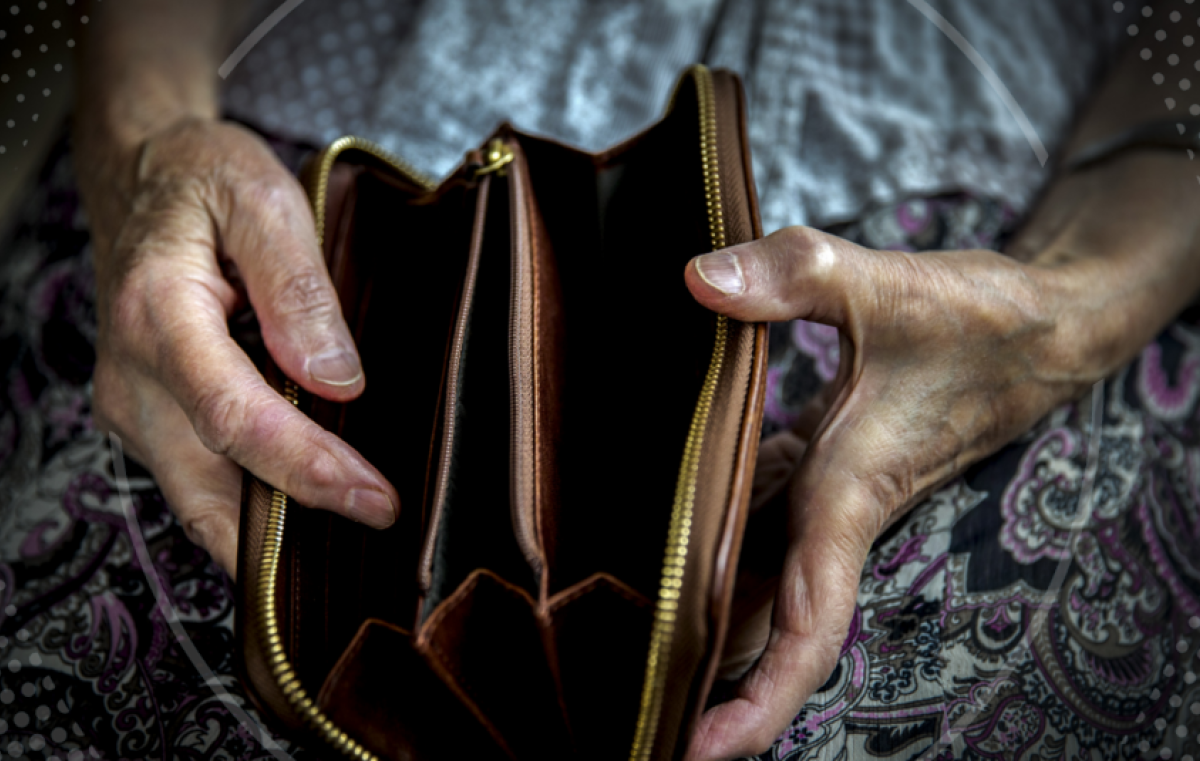Financial Altruism
Choosing to give away money among older adults linked to cognitive profile of early Alzheimer’s

A new study from the University of Southern California (USC) and Bar-Ilan University, one of the first to test the relationship using real money, showed participants who gave away more money scored significantly lower on cognitive tests known to be sensitive to Alzheimer’s disease than those who gave less.
To help protect older adults from financial exploitation, researchers are working to understand who is most at risk. New findings from a study conducted by the Keck School of Medicine of USC and Bar-Ilan University, recently published in the Journal of Alzheimer’s Disease, suggest that willingness to give away money could be linked to the earliest stages of Alzheimer’s disease.
The study examined the relationship between altruism and cognitive functioning in a sample of older adults without dementia, utilizing a behavioral economic measure of financial altruism with real monetary outcomes. Those who chose to give away more of their study earnings to an anonymous person demonstrated poorer performance on cognitive measures that are known to be sensitive to early Alzheimer’s disease.
Participants completed a series of cognitive and behavioral assessments. In the behavioral altruism assessment they were told that they could send a portion of their $10 study earnings to an anonymous person (Person B). They could send any amount between $0 and $10, and whatever they chose to keep would be added to their study earnings at the conclusion of the assessment. Participants selected one of ten options in $1 increments ranging from $0 to $10. Thus, those who selected to send $0 to Person B could be considered least altruistic and those who selected to send $10 to Person B could be considered most altruistic.
Participants also completed a comprehensive battery of neuropsychological assessments, including tests of memory, executive functioning, language, attention, and working memory.
Until now, studies have showed positive relationships between self-reported altruistic behavior and cognition. This study, however, observed the opposite pattern. The researchers found that giving away more money was associated with worse cognitive performances on tests of word list learning and recall, delayed story recall, and semantic fluency (naming words belonging to a specific category), after accounting for age, education, and sex.
In an additional set of analyses, they divided the sample into three groups based on the amount of money they chose to give away. Those who gave more to Person B than they kept for themselves were in the “Gave More” group. Those who gave less to Person B than they kept for themselves were in the “Gave Less” group. Those who kept $5 and gave away $5 were in the “Gave Equally” group. The researchers found that the group who Gave More consisted of only individuals who gave all $10 to Person B. In general, the Gave More group demonstrated the lowest cognitive performances.
"Altruism plays an important role in financial decision making, a function critical for preventing financial exploitation. Additionally, a growing body of literature suggests that declines in financial decision making in older adulthood may be an early sign of adverse cognitive outcomes associated with Alzheimer’s disease," says Dr. Gali Weissberger, of the Interdisciplinary Department of Social Sciences at Bar-Ilan University, who conducted the study together with principal investigator Prof. Duke Han, of the University of Southern California. "The findings of this study provide insights into how some adults may become vulnerable to financial exploitation in older age," she adds.